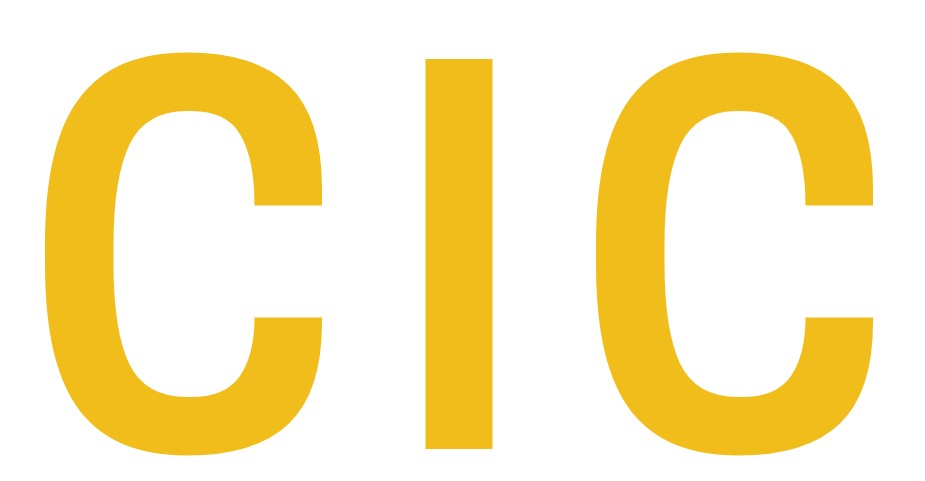No products in the cart.
General Motors has announced that it is selling its stake in the nearly completed Ultium Cells battery cell plant in Lansing, Michigan, to its joint venture partner LG Energy Solution (LGES). The move comes as the company faces weakening demand for electric vehicles and potential changes to government incentives for clean energy production.
GM and LGES initially partnered in 2019 to develop a joint venture to mass-produce battery cells for electric vehicles. The two companies have invested billions in three factories, including the Lansing facility, which LGES is acquiring, as well as facilities in Spring Hill, Tennessee, and Lordstown, Ohio. The battery cells produced at these facilities power a range of GM vehicles, including the Chevrolet Silverado EV, GMC Sierra EV, and Cadillac LYRIQ.

The news comes as GM has been shifting its focus towards new types of battery cells and chemistries, such as lithium iron phosphate (LFP) batteries. The company has also been working with startups to develop new battery technology and has announced a joint venture with Samsung SDI to build a new battery plant in the United States.
The sale of the Lansing plant is part of a broader trend in the industry, as companies look to adjust to changing market conditions and government policies. The Inflation Reduction Act, signed by President Joe Biden in August 2022, included incentives to encourage domestic battery production and has helped to drive a wave of new battery projects.
While the terms of the sale were not disclosed, GM expects to recoup its initial investment in the plant. The company also announced that it will work with LGES to jointly develop prismatic battery cells, which have a higher energy density and longer life cycle than the pouch cells currently produced at the Ohio and Tennessee plants.
The sale of the Lansing plant is expected to have no impact on GM’s ability to meet current demand, as the company’s remaining two plants are sufficient to meet current production needs.
